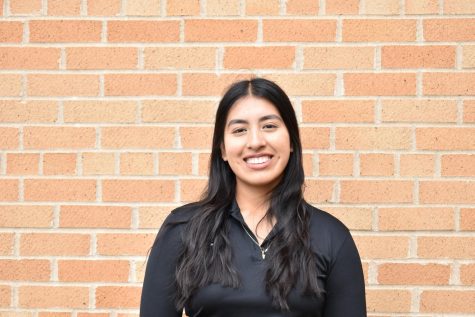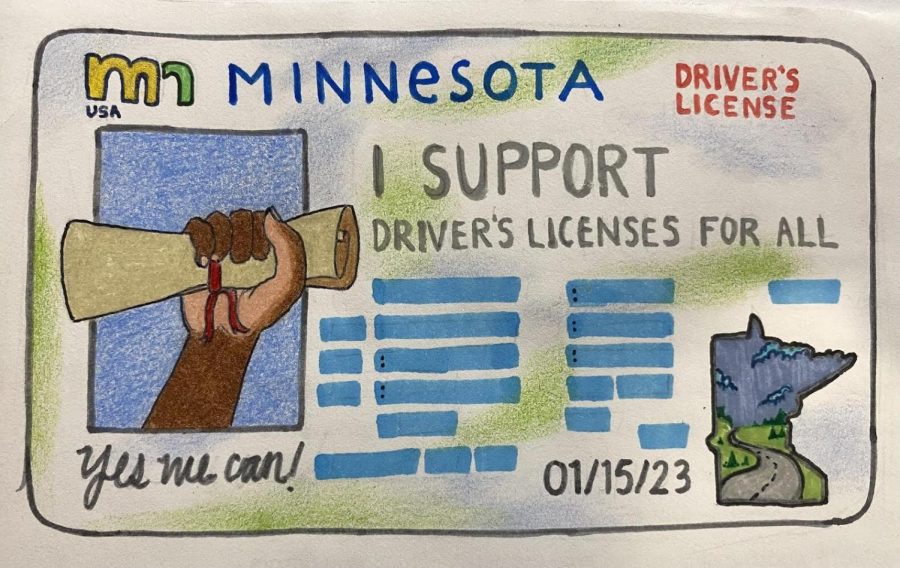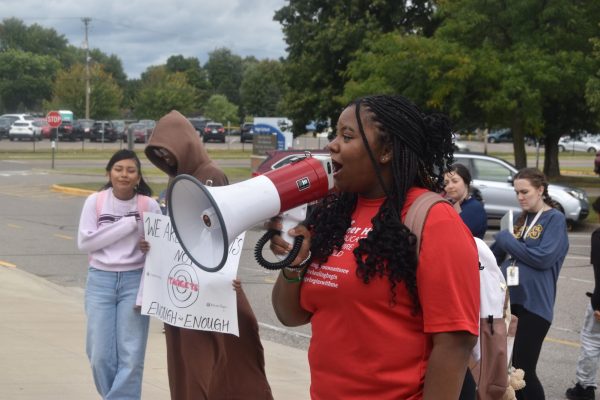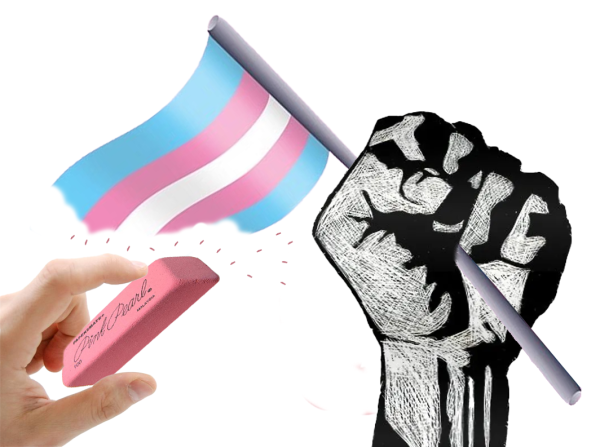New law allows undocumented immigrants to obtain driver’s licenses
A new Minnesota law is now in the spotlight as it allows undocumented immigrants to obtain a driver’s license.
After many years of restrictions on undocumented immigrants throughout the U.S., including but not limited to the installment of detention facilities and being bussed from city to city to be used as political props. Minnesota Governor Tim Walz signed a bill last month that will help immigrants feel more welcome and safe, as well as make it easier for access to jobs and more, at least in Minnesota. This bill was passed by the senate and made into a law. Ever since September 11, legal limitations were placed on immigrants residing in the country, including disallowing immigrants from obtaining driver’s licenses. GOP state leaders feared that immigrants would cause harm during election season by casting votes using their driver’s licenses as ID. However, many advocates for the law’s return have pushed for change by pressuring lawmakers to take action.
“Driving a vehicle with an official license from any state is a human right for every undocumented citizen in this country. The new law in our state generates many benefits for the immigrant community because it partially brings them out of the dark and allows them to have access to legal and economic benefits to improve their lives,” Columbia Heights High School (CHHS) Spanish teacher Mr. Julio Batres said. “Having an official document to drive a vehicle is not just about being able to drive. It also will allow the person to have access to open a bank account, be able to buy car insurance and be able to fly anywhere in the country. The law to deny a driver’s license to a citizen has been a violation of the human rights of many immigrants residing in the United States.”
Signed on March 7, 2023, the new law “Driver’s Licenses for All” enjoyed great amounts of excitement and relief for undocumented immigrants residing in Minnesota and their many allies and proponents. Thousands of immigrants will no longer have to worry about finding alternative methods of transportation which can be time constraining and costly. Although the law took 20 years to get to the governor’s desk, the latest iteration made it through the House with a 69-60 vote on January 30, and it was officially passed by the Senate on a 34-31 vote February 22. Many sponsors and supporters of the law were present during the signing of the bill, including Unidos Minnesota, a nonprofit organization that advocates for immigrants and one of the main groups advocating for the law. Attendees were seen cheering, hugging and celebrating before the signing began, as well as after the historic moment.
Undocumented Minnesotans that complete the required knowledge and behind-the-wheel tests are eligible to get a driver’s license. Over 80,000 undocumented immigrants in the state of Minnesota could be affected by the change. Although this is a great step forward for state progressives, many states throughout the country also anticipate passing a similar law, including California, New York, Washington and Massachusetts.
“I believe that this new law creates a bigger opportunity for success in the immigrant community of Minnesota. Throughout my lifetime, I have seen the struggle of immigrant families, trying to navigate their lives in places they have never been,” CHHS student Mya Sinchi (11) said. “One thing that will never change despite the creation of this new law is the perseverance and the strength that many immigrants in this country have. It will be great to see this new law effective in Minnesota and, as time goes on, be a witness to the creation of more laws that will build an even more welcoming place for any immigrant(s) of this country.”
When filling out the application for a Class D license, which is a standard, non-commercial driver’s license that allows a driver to operate basic motor vehicles, applicants will thereby no longer be asked for proof of U.S citizenship or permanent residency status. They will still be required to provide identification documents, like an unexpired foreign passport or a certified birth certificate issued by a foreign jurisdiction.
With this new law in place, more of the immigrant community in Minnesota can more easily get where they need to go.

Adriana Inamagua is the Co-Lead Illustrator for The Heights Herald. She is a junior and is involved in various sports including soccer and lacrosse. She...







